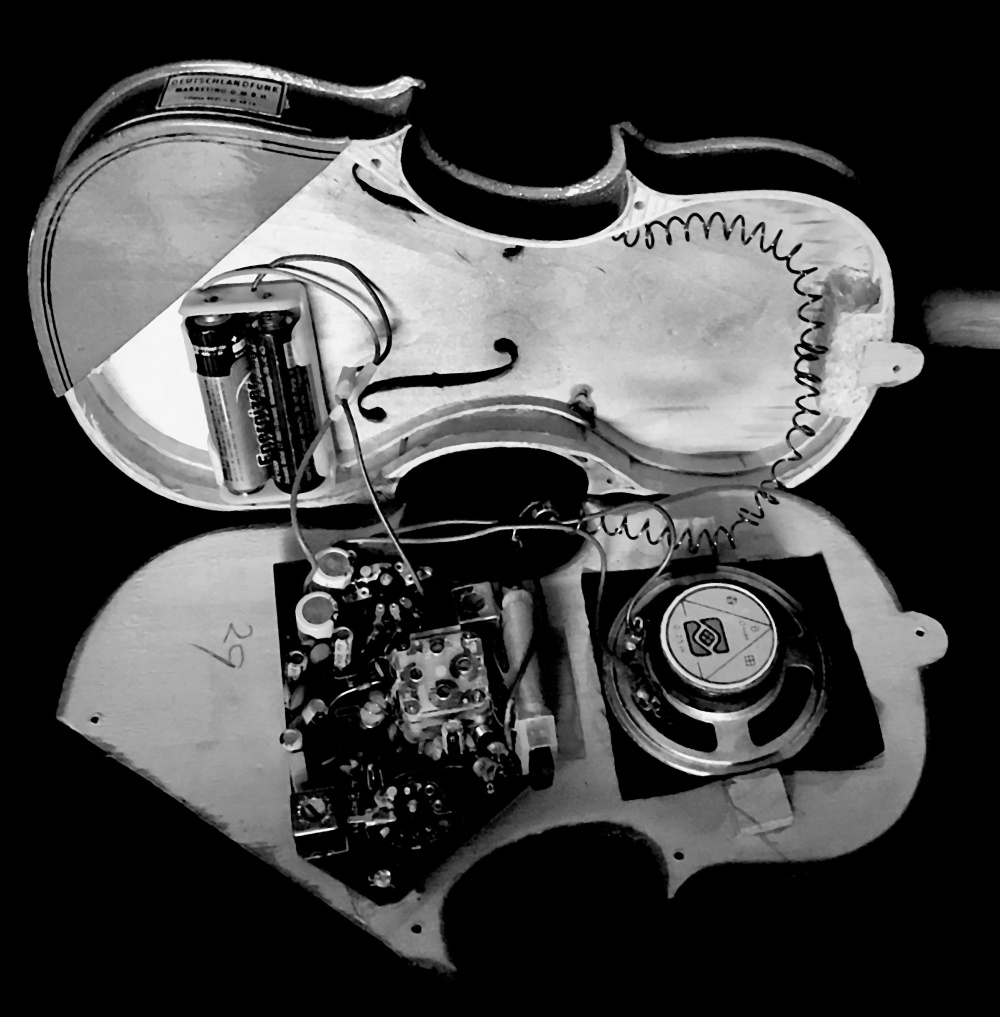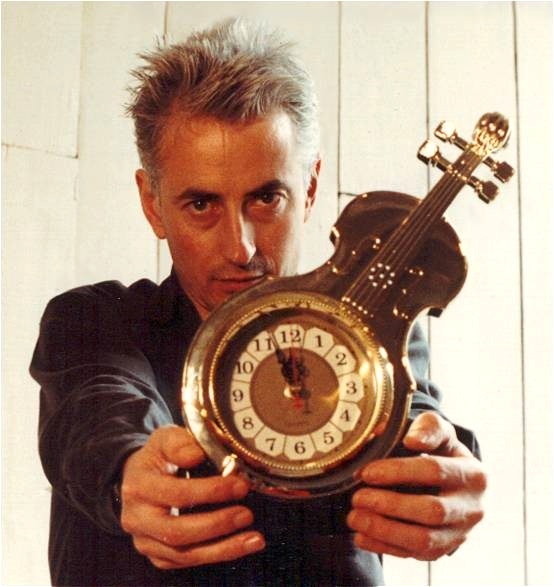
- Produced for BBC Radio 3 Between The Ears by Somethin'Else.
- Texts spoken and sung up by Ruben Fernandez, Abbot Bernard Rooney, Shakara Wally, Ami Smith, Olly George, Percy George, archive restoration by Jon Rose.
- Gabrielle Mercer - the historic Moser organ at New Norcia, bell ringing.
- Hollis Taylor, Danny Yeadon, James Cuddeford, Errki Veltheim and Jon Rose - strings.
- Members of The Blue Mountains Concert Band brass.
- Music and text composed by Jon Rose with extracts from the compositions and memoirs of Rosendo Salvado (arranged Jon Rose).
- Special thanks to Abbot Bernard Rooney for the extra Nyungah translations, Peter Hocking at the New Norcia Archives, Father David, and the Department of Aboriginal Studies Edith Cowan University, Cat Hope, LJ Campbell, and Kath Weston.
- Recorded on location at New Norcia or in Sydney by Jon Rose.
When Bishop Rosendo Salvado first struggled ashore in 1846 singing Gregorian chant, less than 5,000 Europeans lived in the British colony of Western Australia. No one knew how many Aborigines there were; no one in the white community cared. Within a few years, Salvado and his monks had established a Benedictine monastery in the bush. The land for New Norcia was bought from the British who had only recently moved in and stolen it from the indigenous Nyungah in 1826.
For the rest of the 19th century, Aboriginal tribes attempted to live with a strange, isolated, and violent culture in which they were considered even lower down the ladder than the 9,000 convicts imported to clear the land of Western Australia. When gold was discovered in the 1880s, the population of hardened and desperate men increased and the fortunes of the Aborigines decreased even more.
Within this racist paradigm, Bishop Salvado trod an epistemic and (for the time) enlightened path in his relations with the Nyungah speaking Yuat. His intentions may have been founded on the Christian zealotry for 'conversion of the natives' and his method was without doubt patronising, but he entered into a dialogue with Aboriginal culture and they with him. That dialogue was sustained through music. At the beginning there was a 20-piece Aboriginal string orchestra under the direction of Salvado (himself a skilled composer and pianist), which by 1885 had morphed into a 25-piece brass band. The Aboriginal children sang Gregorian chant in the monastic choir.
Salvado was in turns fascinated, horrified, and amazed by Aboriginal life observed close up. His discovery of the Yuat tribe, its customs, and music is documented in the comprehensive archives of the monastery. What the Aborigines thought of him and this Benedictine enclave nesting in the West Australian outback remains unknown.












